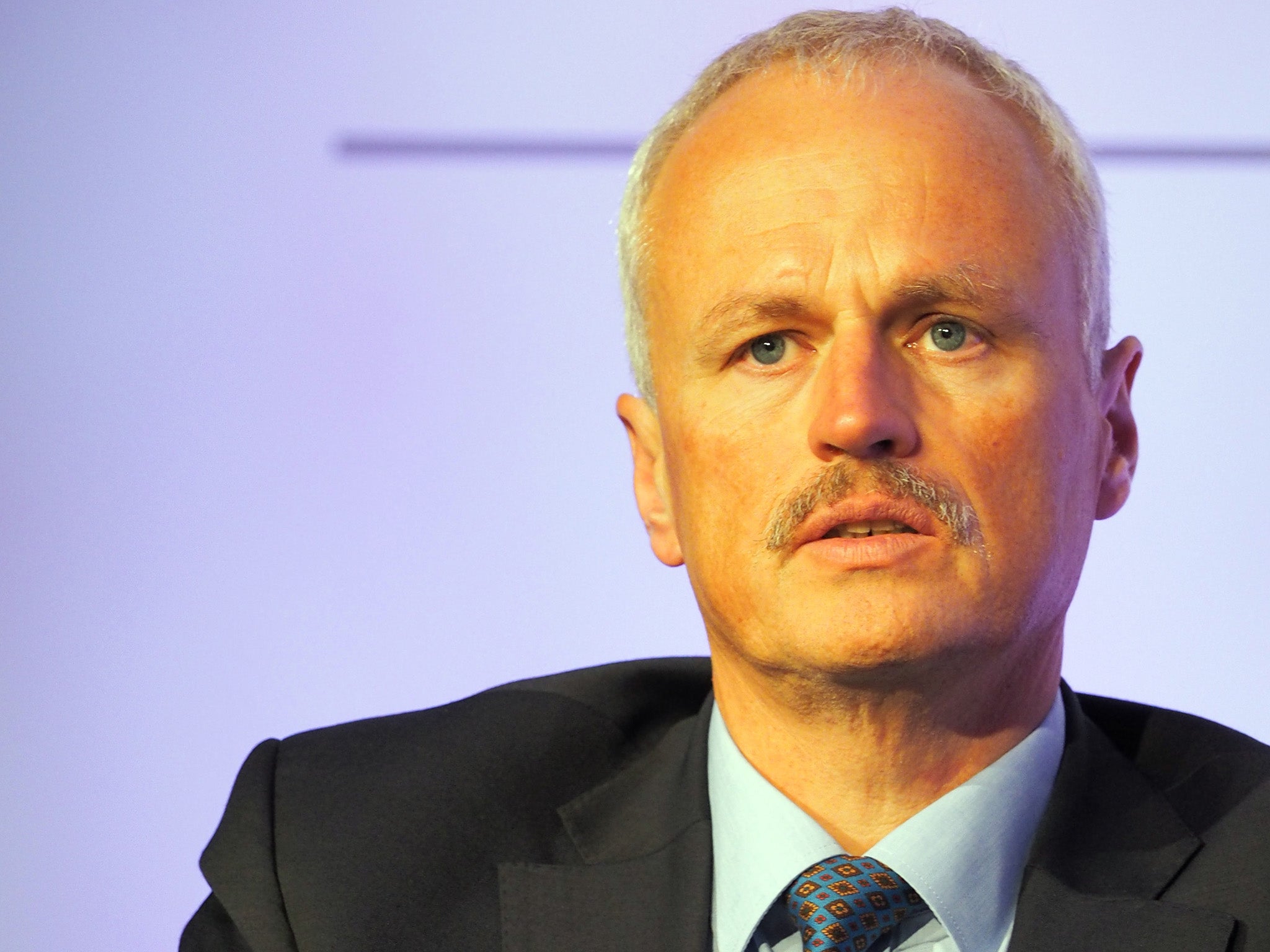Keep travelling despite Isis threat or the risk of terrorism will rise, says airline boss
'We must make sure life goes on and that ISIS isn’t sending us back 50 years'

Your support helps us to tell the story
From reproductive rights to climate change to Big Tech, The Independent is on the ground when the story is developing. Whether it's investigating the financials of Elon Musk's pro-Trump PAC or producing our latest documentary, 'The A Word', which shines a light on the American women fighting for reproductive rights, we know how important it is to parse out the facts from the messaging.
At such a critical moment in US history, we need reporters on the ground. Your donation allows us to keep sending journalists to speak to both sides of the story.
The Independent is trusted by Americans across the entire political spectrum. And unlike many other quality news outlets, we choose not to lock Americans out of our reporting and analysis with paywalls. We believe quality journalism should be available to everyone, paid for by those who can afford it.
Your support makes all the difference.At the end of a traumatic month for holiday businesses, a leading airline boss has urged the travelling public to refuse to let themselves be “dictated to” by terrorists - or inadvertently risk further attacks.
Andrew Swaffield, chief executive of Monarch, called for resolve from holidaymakers, the travel industry and government.
In an exclusive interview, he told The Independent on Sunday: “We must make sure life goes on and that ISIS isn’t sending us back 50 years.
"Those of us who enjoy travelling have to speak out and say: there is always going to be an element of risk in travel. We need to find a way to operate in a world that is less safe.
“Otherwise you are saying to terrorists: ‘You can wipe out a market for a very low investment,' and they will try it elsewhere.”
Four weeks ago, accident investigators converged on the Sinai Desert to try learn what led to the downing of a Russian charter plane flying from Sharm el Sheikh to St Petersburg. The Kremlin announced that the 224 passengers and crew were killed by a bomb; the Foreign Office believes it was planted at the Egyptian resort’s airport, and has banned UK airlines from flying there until security standards improve.
Two weeks ago, Paris was coming to terms with the massacre of 130 people at the hands of an Islamist terror cell. When the perpetrators were traced to Brussels, the threat level in the Belgian capital was raised to its highest ever, with the Metro, schools and tourist attractions closed as part of the city-wide lockdown.
With memories still fresh of the two massacres of tourists in Tunisia in March and June, which killed a total of 60 people, many concerned holidaymakers with forward bookings to a wide range of destinations have contacted the travel desk of The Independent

One said: “I didn’t sign up for a city where I’m now told there’s imminent danger of a terrorist attack - how can I get my money back?” Another asked “Is it safe to go to Disneyland Paris in December with our grandchildren?” And a third wanted to know: “I have just last week booked our first family holiday to Kos in Greece for next May. With the refugee crisis and the Russian plane downing in Turkey should I look to cancel?”
The travel industry is traditionally reluctant to discuss the impact of tragic events on business, but forward bookings are believed typically to be running at 20 per cent below expected levels.
Thomas Cook’s chief executive, Peter Fankhauser, said the events of 2015 had caused "an unprecedented level of disruption.” Both British Airways and easyJet have cancelled all flights to Sharm el Sheikh until the New Year, but Monarch, Thomas Cook and Thomson hope to be able to fly there before Christmas.
“The longer you leave a market closed, the more difficult it is to re-open it,” Mr Swaffield told The Independent on Sunday.
“This is clearly a threat that is going to be with us for the long term. I lived in Belfast for five years in the early 1990s. The people in Northern Ireland became very adept at living through difficult situations and not allowing their lives to be dictated to. We have to adapt to a new world.”
With the world watching events in Europe unfold, the events in France and Belgium are likely to damage Britain’s earnings from foreign tourists.
Deirdre Wells, chief executive of UKinbound, said: “We’ve done a quick survey of our members, and mainly the impact is from the Far East market. Some attractions are reporting a 20 per cent fall in advance bookings.”
Join our commenting forum
Join thought-provoking conversations, follow other Independent readers and see their replies
Comments